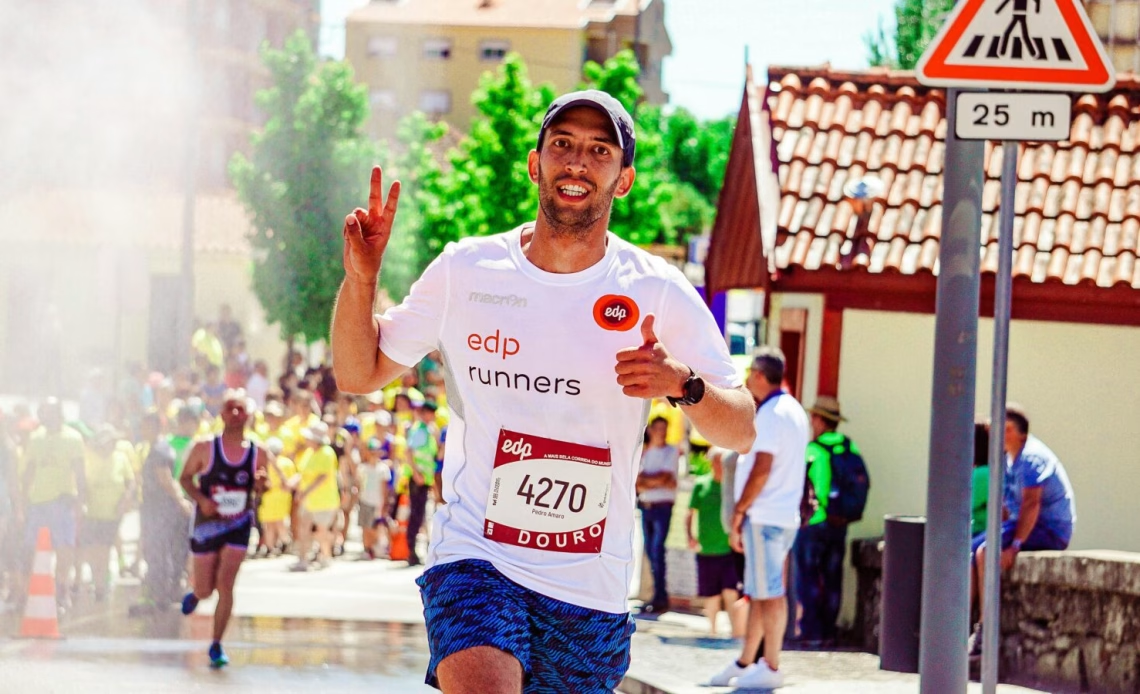Athletes generally face more than barriers of a physical nature when preparing for a marathon. Coping with the mental tension, anxiety, and pressure is no less pertinent than documenting the training mileage.
Marathon preparation can be a tough undertaking. For the majority of runners, the tension of working and recuperating is then compounded by race-day nerves leading up to the race itself. These cases reflect the growing dialogue within mental health and sport and some patients are exploring support strategies such as therapies, mindfulness and counsel from the best cannabis clinic UK as part of overall wellbeing programmes incorporating medical cannabis.
Understanding Pre-Race Anxiety
It is natural to experience anxiety prior to the marathon, even for experienced competitors. Restlessness, sleeplessness, or racing thoughts can happen within the days leading up to the event. Psychological tension is more often motivated by fear of not meeting the mark, comparing oneself with others, or remembering the raw mileage ahead.
Sport psychologists will occasionally regard the nerves one feels, plus a day or two leading up to the race, as actually sharpening concentration and performance, although unchecked anxiety can develop into burnout or tension within the individual. Determining the signs of mental tension is the initial step toward addressing it correctly. Some athletes will attest that relaxation exercises or visualisation can help the attainment of a quieter mind leading up to reaching the start line.
The Pressure of Training
Marathon training programmes are rigorous, typically spanning months and consisting of prolonged runs, speed exercises and assigned recuperation. For the vast majority of runners, the tension of hitting mileage goals or setting solo records creates anxiety that is hard on mental health. The mental cost of training is equal to the cost on the body and when the body feels tired, the mind is rarely far behind.
Patients will occasionally describe the process of the buildup of frustration when sessions do not go as planned and readiness concerns arise more generally. Flexibility of training schedules is required at such times because individualising plans for lower energy or life commitments can help prevent mental imbalance. Consultations with coaches or physiotherapists can assist too in assuring athletes that recovery is not a sign of weakness but a necessary step en route to progress. At the same time, some runners turn to…
CLICK HERE to Read the Full Original Article at Athletics Weekly…

